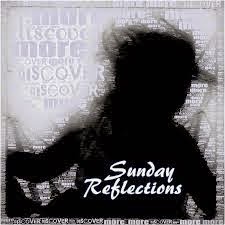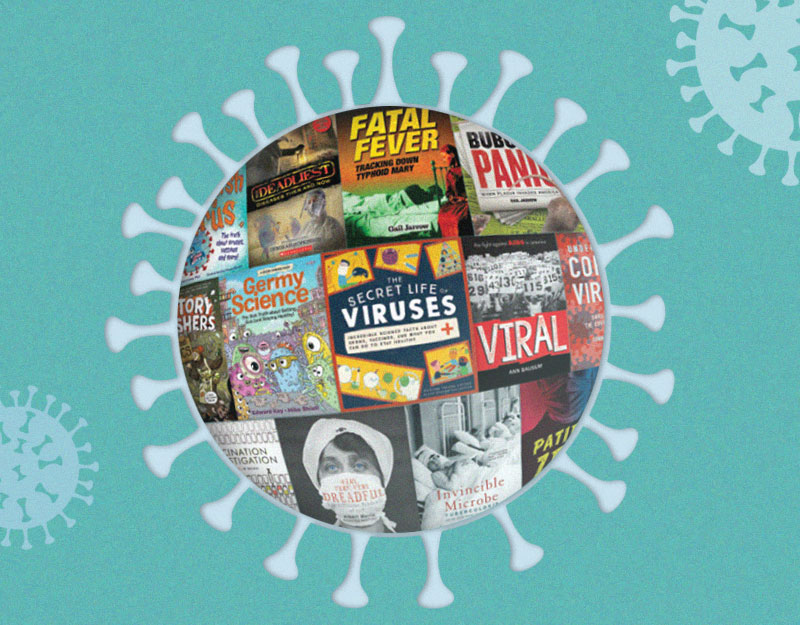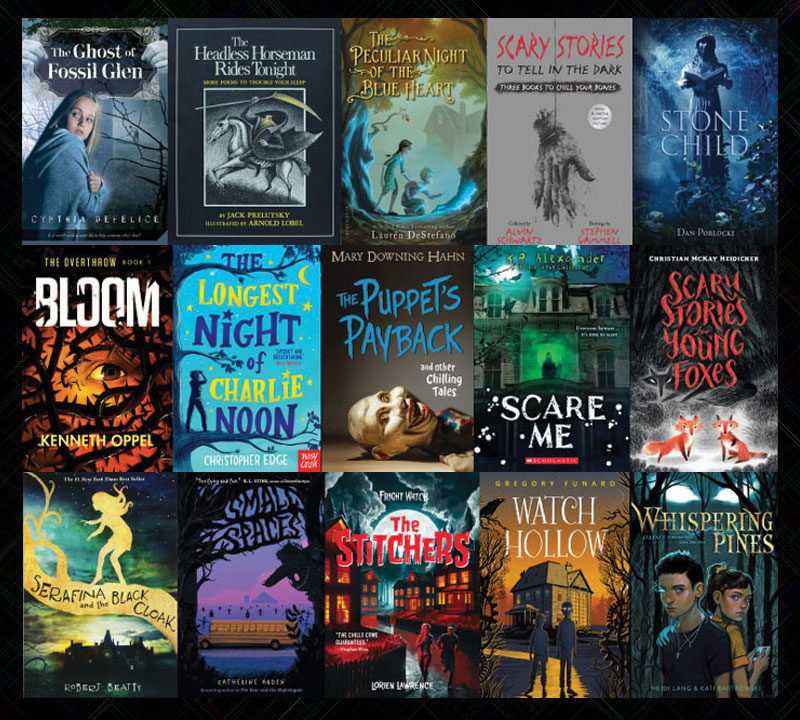Sunday Reflections: A Day in the Life Serving Teens – This is what I wish you knew about teenagers
 Working with teenagers is an interesting juxtaposition of two concerned parties: teens and parents.
Working with teenagers is an interesting juxtaposition of two concerned parties: teens and parents.
I am a parent. I am, in fact, the parent of a teenager. I am a strong believer in parental rights in the library. That’s not what this post is about.
Parents often want to protect their teenagers from ideas and discussions that they feel are harmful to them. I hear this a lot when parents talk to me about books. The things they fear most are sex, cussing, drugs, alcohol and GLBTQ issues. For some reason, never violence.
ADVERTISEMENT
ADVERTISEMENT
The other side of this equation is the teens themselves. I wish that more parents knew that even if you are trying to protect your teens from these things, they know. They talk to each other about it. Who your teenager is away from you is sometimes quite different then who they are around you. This is a normal part of adolescence, they are trying to figure out who they are separate from parents in the world. They are trying to learn how to stand on their own two feet.
I thought about this a lot last week as I worked in my Teen MakerSpace. Let me set the scene.
Over the course of 6 hours on one day, my assistant and I spent time with 27 different teens. They hung out together in this small space. They made things. And while they made things, they talked to one another. Here’s what that day looked like.
One teen asked another teen – both white teens – why his FB profile pic was that of a black man. She asked many, many times, making some unsavory implications about black people. A black teen in the area politely asked her to stop. So I explained to this teen that she needed to stop because she was being racist and this was a safe space. She then started talking about “poop colored” people. I asked her to leave.
Another teen – she’s 13 – talked once again about how she wanted to have a baby while she was 13. She talked about how much she loves babies. She has been telling us for a year now that she wants to have a baby by the age of 13.
A group of teens started looking at pictures of bleach online. They started joking about bleach and how they wanted to drink bleach and kill themselves. I told them that people really do take their own lives and that they can’t joke about it. Then one boy, probably 14, said he hated himself and wanted to die. I couldn’t tell if he was joking or not and gave him information about who and where he could go to get help.
Twice during the course of this six hours I had to talk to teenage boys about sexual harassment because they were sexually harassing girls in the space. One was taking pictures of girls without their consent and photoshopping eggplants – the “penis” emoji – into their mouths and posting them on his Instagram page. The other was just saying inappropriate things.
A group of teens were telling each other that “you are my Tuesday”, “you are my Wednesday”, and “you are my Friday”, etc. The implication was that this was the day they were going to have sex with you. Because Tuesday is a less desirable day of the week, this meant you were less desirable than the one who had been declared their Friday. It was both a way of insulting and sexually harassing one another.
They talked about and joked about sex. They talked about and joked about rape. They made racist jokes and comments. They talked about and joked about getting drunk and doing drugs.
Some of the teens talked about their sexuality or someone else’s sexuality. (FTR, if we overhear it we don’t let teens talk about other people’s sexuality because it’s not their place to out someone else.)
ADVERTISEMENT
ADVERTISEMENT
My assistant and I continually had to have conversations with the teens about what was and wasn’t appropriate for the space. We talked to them about kindness, respect, and basic decency. We kicked a couple of teens out. We reassured them all that they were respected and valued and that they would respect and value one another in this space.
And this is just a snapshot of one 6 hour day.
All of our days are like this. We sit in this space and we help these teens make stuff in our Teen MakerSpace and we overhear what they are saying to one another. They are talking about their sexuality, their identity, their parents, and their world.
Many of them are hurting.
Many of them are lonely.
They all talk about sex at one point or another.
They all cuss at one point or another.
They all talk about drinking and drugs at one point or another.
Most of them are pretty good kids who are just trying to find their way.
But they know.
They see.
They hear.
I have worked with teenagers for 22 years and here is what I have learned: no matter what you think you are protecting your child from, they know.
You might think that hearing these conversations would cause me to despair about our future, but it does not. I have learned that talking about these things is just their way of processing all this new and often scary information that is coming towards them. For example, they can’t help but think about sex because their bodies are sending them so many signals and at the same time the world around them is sending them so many mixed messages. The same goes with sex, drugs, and GLBTQ issues. You may deny them a book, but they know.
As I have said, the teens I have spent time with over the years are intelligent people just trying to figure out who they are and what they believe. Books are one of the ways that they do this. Books are one of the safest ways that they do this.
Believe me, they know.
Filed under: Sunday Reflections
About Karen Jensen, MLS
Karen Jensen has been a Teen Services Librarian for almost 30 years. She created TLT in 2011 and is the co-editor of The Whole Library Handbook: Teen Services with Heather Booth (ALA Editions, 2014).
ADVERTISEMENT
ADVERTISEMENT
SLJ Blog Network
2024 Books from Pura Belpré Winners
Passover Postings! Chris Baron, Joshua S. Levy, and Naomi Milliner Discuss On All Other Nights
Winnie-The-Pooh | Review
Parsing Religion in Public Schools
ADVERTISEMENT








Karen, I look forward to your Sunday posts and appreciate how open and honest you are. I appreciate that you point out, without specifically stating it, that teens notice how (or if) adults respond to their behavior. If you are open and honest with them, they share around you. Also if you don’t respond, they learn that they can continue their behavior or they will escalate to see how or what you respond to. If you don’t call them on behavior that is bullying in whatever form, they take that as a sign that it is okay to continue.